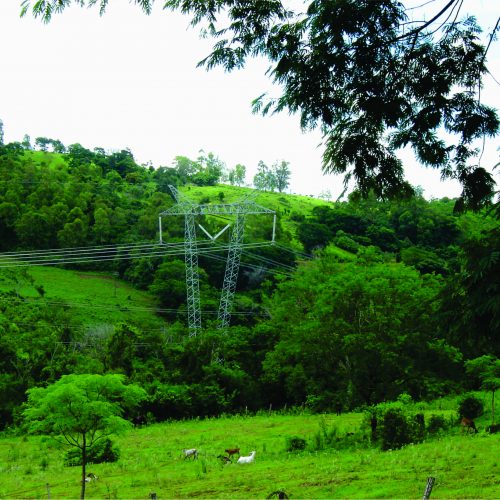Risk management
Risk is the possibility that events may occur and affect the achievement of the business strategy and objectives.
According to the Committee of Sponsoring Organizations of the Treadway Commission (COSO), organizations need to define their strategy and adjust it periodically, always paying attention to the opportunities for value creation and the challenges they encounter in pursuing it.
When enterprise risk management is integrated throughout the organization, many benefits can be realized, such as
- Increased range of opportunities;
- Identification of risk management in the entity as a whole;
- Increased positive results and advantage with decreased negative surprises;
- Decreased performance oscillation;
- Better distribution of resources;
- Increased resilience of the company.
These benefits highlight the fact that risk should not be seen solely as a possible restriction or obstacle to the definition and execution of a strategy. On the contrary, the change brought about by risk assessment and the corresponding organizational response give rise to strategic opportunities and important differentiating competencies.
Integrated Corporate Risk Management
The Company’s management of corporate risks is directly related to sustainable growth, Copel’s profitability and the creation of value for its shareholders. This process allows us to identify not only threats but also business opportunities, and to optimize decision making and the continuous improvement of results by connecting more closely the business strategy and objectives to the risk to which it is subject.


Crisis Situation Management
Copel’s crisis management process is aligned with the Company’s strategy and supports decision making in the face of eventual contingencies that may cause reputational, operational, financial and strategic risks, in order to maintain the integrity and availability of its assets, as well as mitigate and remediate negative impacts.
The focus of the management of crisis situations is on providing agile, effective and articulated assistance with other governmental entities and society, in the event of emergencies that may directly affect people, the environment and the company’s operations.
ESG Risk Management
Copel’s corporate governance is based on the identification of risks and opportunities for decision making in all instances so as to promote the Company’s perpetuity and sustainable growth, integrating the risk management process into the commercial relations with suppliers and business partners.
The strategic risks associated with Copel’s operations are reviewed during the preparation of the Strategic Planning, whose work is carried out jointly by the top management of Copel (Holding) and its subsidiaries by means of risk identification and analysis, definition of a control and contingency plan and the establishment of monitoring actions.




